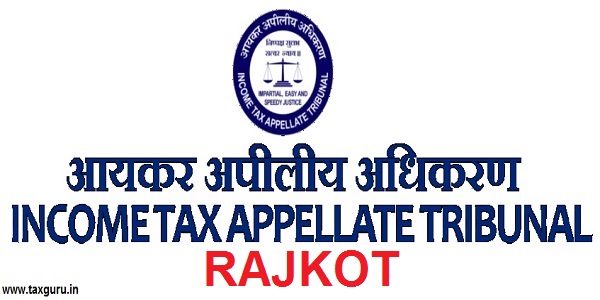Case Law Details
RELEVANT PARAGRAPH
9. Section 153A(1) contains non-obstante clause and hence provisions of this section will over-ride the provisions of section 139, section 147, section 148, section 149, section 151 and section 153 of the Act. Under section 153A(1) the assessing officer is empowered is empowered to issue notices to the assessee searched for a period of six year sin order to assess the income on the basis of material found during the course of search.
The second proviso to section 153A(1) provides that the assessment or reassessment, if any, relating to any assessment year falling within the period of six assessment years referred to in section 153A(1) pending on the date of initiation of search u/s 132 or making of requisition u/s 132A as the case may be shall abte. Therefore after initiation of search no assessment in respect of pending assessment shall be made and Assessing Officer is empowered to issue notice u/s 153A to assess or re-assess the total income of six assessment years immediately preceding assessment year relevant to the previous year in which such search was conducted or requisition was made. The assessee had valued the closing stock for assessment year 2000-01 to 2005-06 on average cost method which has resulted in reduction of taxable income in all the years ranging from Rs. 9875 in assessment year 2001-02 to Rs. 9,00,797 in assessment 2005-06. The contention of the assessee that in the case of jewelers, it is impossible to value the closing stock on the basis of market cost as the items of closing stock cannot be identified with reference to various purchases made during the year. However, the fact remains that the assessee had been valuing the closing stock at “cost” as certified by tax auditors. It is a fact that all the assessee are required to maintain the stock registers during the course of normal business activities. It is not difficult to identify the items purchased, the date of purchase and their costs. Hence we do not find any substance in the argument of the assessee that it is impossible to value the closing stock at “actual cost” particularly in view of the fact that the assessee had been valuing the closing stock at cost price from very beginning of the business. 10. Moreover, the change of method of valuation of the closing stock is allowed in such change is bonafide and the assessee has proper reasons for such change. The conclude proceedings cannot be reopened on the ground that the assessee had incorrectly valued the closing stock in those years. The assessee had filed returns of income for all the six assessment years u/s 139 (1). The assessments or reassessments cannot be made in these years by invoking the provisions of section 147 after initiation of search proceedings in view of second proviso to section 153A(1) of the Act. From the facts given above it is clear that the assessee had changed the method of valuation of the closing stocks for all assessment years to reduce the profits and hence the change in the method of valuation is not bona fide. As regards the contention of the assessee that it is impossible to value the closing stock at cost price in the case of jewelers, this is a sweeping generalization without having any material on records to prove. The assessee had not filed any evidence to support its contention and hence deserves to be rejected.





















